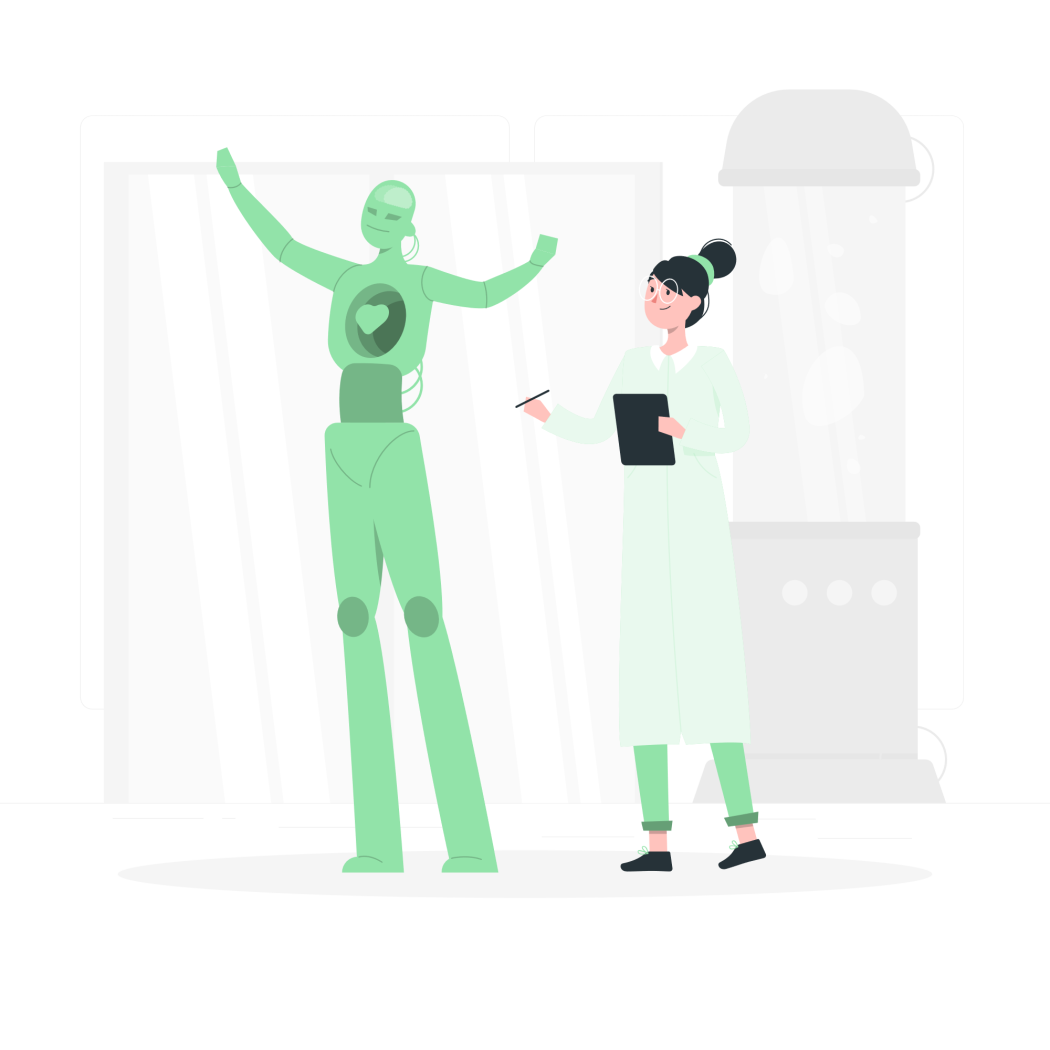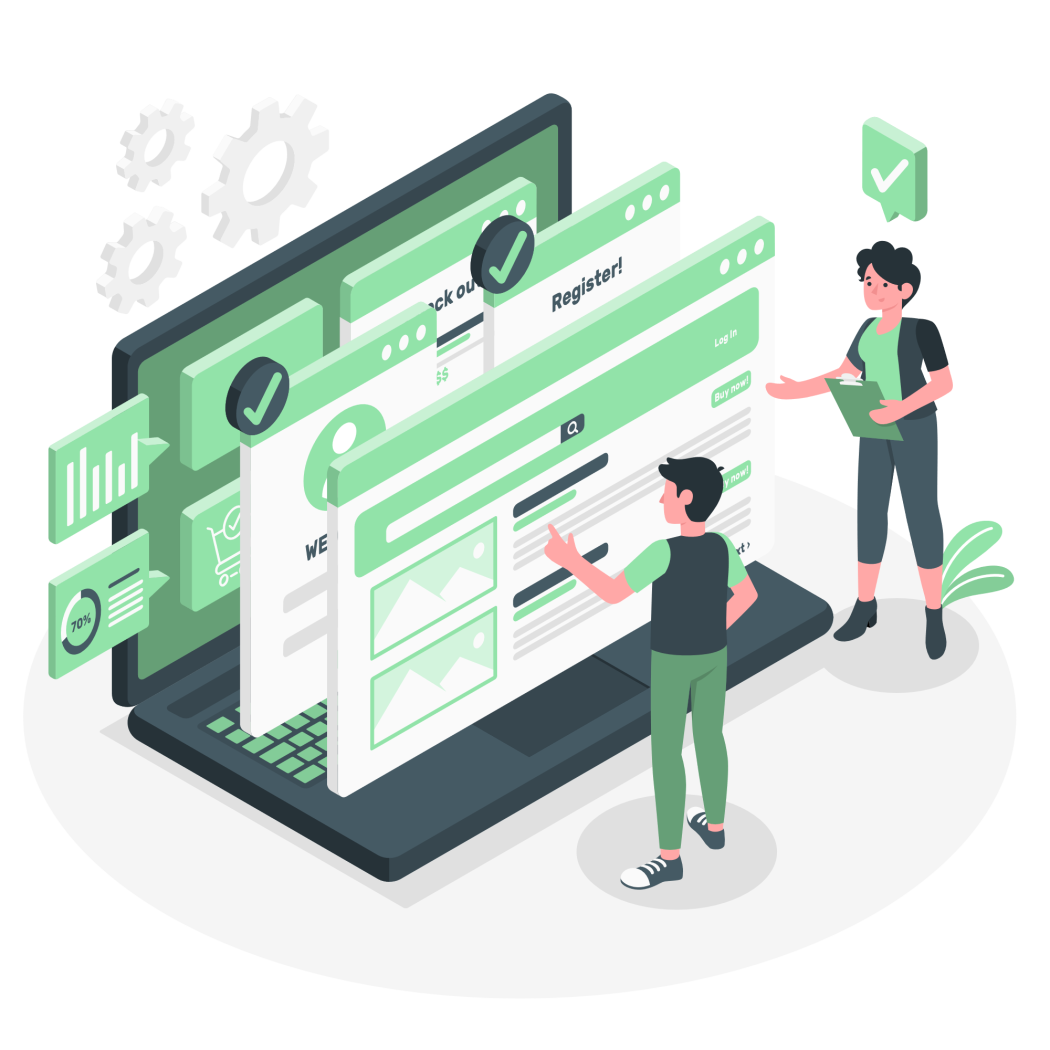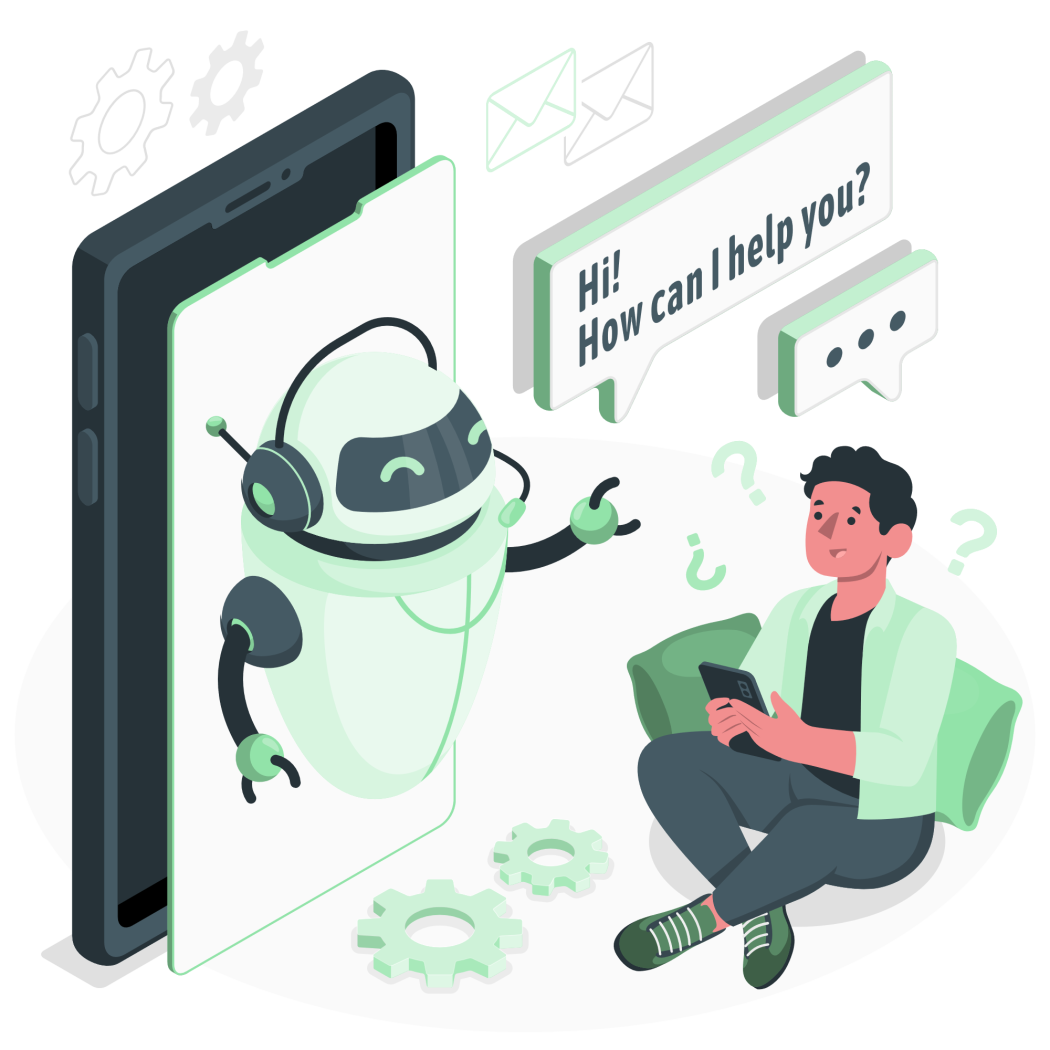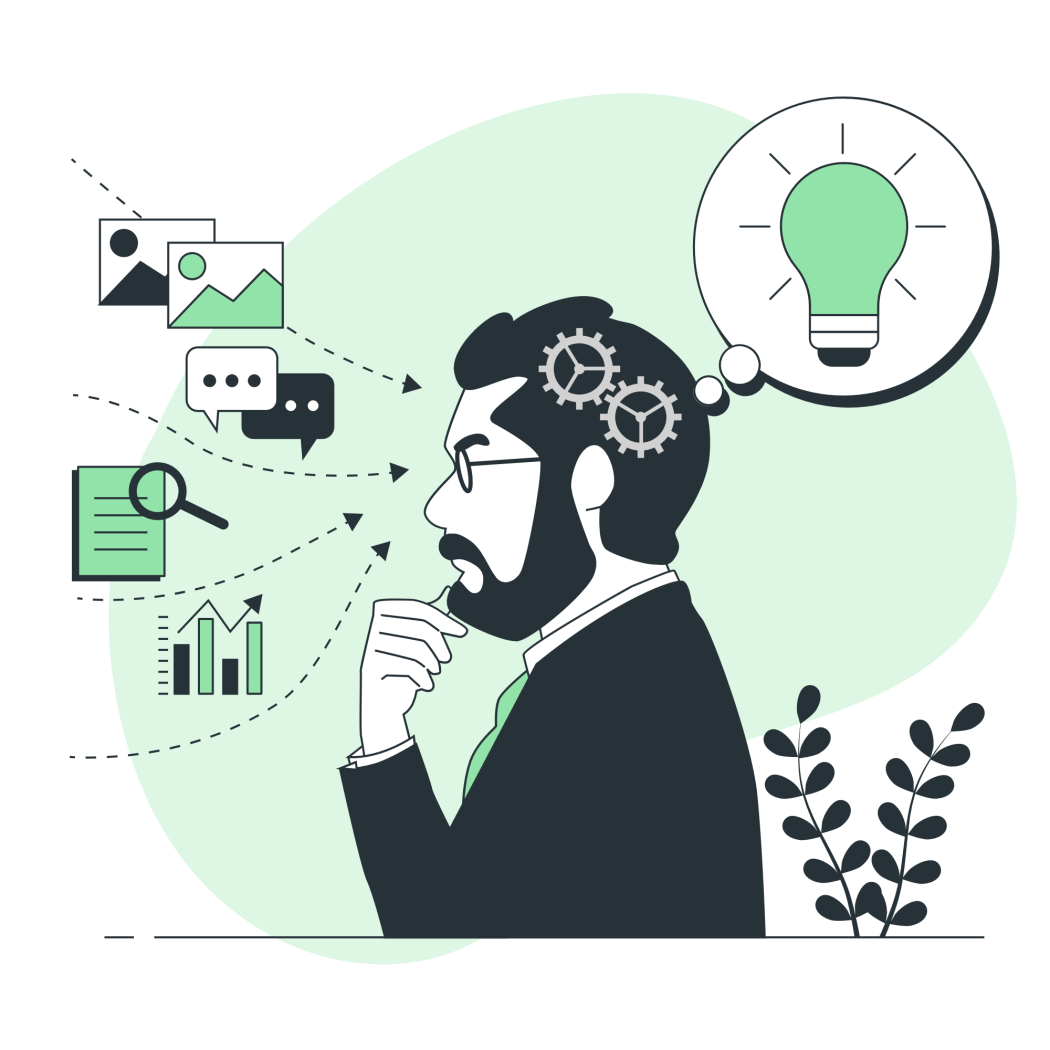In This Article
We never knew our lives would be so dependent on mobile apps and software. These virtual apps have developed far beyond how they actually began, and now they have revolutionized into a powerful platform that connects us digitally, allows us to accomplish challenging tasks, and makes us productive. The perfect combination of artificial intelligence (AI) and machine learning (ML) has completely transformed how we interact with apps in our day-to-day lives.
Continue reading, as here we will dive deep into how AI and machine learning are paving the way for the advancement of mobile apps, transforming how software is developed, identifying their advantages, and how certain software testing strategies can help guarantee the success of these developments.
Usage of AI and Machine Learning in Mobile Apps

The combination of AI and machine learning can be integrated to enhance the overall functionality of mobile apps while making them more intelligent. With AI, algorithms can replicate human intelligence, make smart choices, and become capable enough to finish tasks independently. On the other hand, machine learning lessens the need for in-depth programming and development, and to achieve this, systems can be programmed to learn and adapt from the provided data.
This collaboration between the two distinctive technologies has revolutionized app functionalities. You can consider smart apps designed to utilize predictive analytics and use user interests to offer suggestions related to products, music, or movies.
Just to give you an example, a fitness app can be programmed to use machine learning to analyze user behavior and physique, and then artificial intelligence is used to create customized training schedules.
Another example is voice assistants like Gemini, Alexa, and Siri. These services are designed to use AI to analyze your words. In the same scenario, machine learning increases voice recognition accuracy as you continue to interact with the app.
Advantages of AI-Driven and ML-Oriented Mobile Apps

In this section, we will discuss some of the most notable key advantages of implementing artificial intelligence and machine learning while developing mobile apps. Here are some of the important ones:
- Personalized User Experience: AI can be configured to analyze user data and behavior to create highly customized experiences. Apps like Spotify use the user’s listening behavior to analyze and suggest similar content.
- Automation of Complex Tasks: From chatbots managing customer inquiries to AI-driven scheduling assistants, automation has simplified users’ lives with enhanced efficiency. Moreover, machine learning ensures that these automated systems become more intelligent and powerful every time you interact with the app.
- Enhanced Data Analytics: Apps integrated with artificial intelligence can analyze massive amounts of data as the user interacts with them. AI is trained to find trends and provide valuable insights. For instance, healthcare apps can analyze patients’ symptoms and give relevant recommendations, which enhances decision-making.
AI’s Role in App Testing: An Analysis of Software Testing Tools

Creating AI-enhanced mobile apps is not as simple as it sounds. The development process requires extensive testing to ensure flawless and error-free operation of the app, which is where software testing tools help design flawless apps.
For those who aren’t aware, the app’s design and development process has been completely transformed thanks to the advancement of AI-driven software testing technologies. These technologies are implemented to fully automate processes like regression testing, bug discovery, and performance analysis. This automated software detects and generates reports for errors, which works better than humans as it doesn’t require manual work.
If you compare traditional software testing methods with those powered by AI, the latter can perform thousands of tests in relatively less time with better accuracy and adapt to ever-changing requirements. This gives the development team the much-needed assurance that their app will remain error-free while it continues to grow.
Moreover, there are two well-known business tools and software, i.e., Selenium and testRigor, and both of these offer AI capabilities and can completely automate error detection while giving you access to predictive analytics.
How AI-Powered Apps Are Revolutionizing Industries

Here in this section, we will take a closer look at the industries that are being highly impacted and revolutionized by AI-powered apps:
- Healthcare: Smart apps incorporating artificial intelligence can help pharmacists and doctors with better drug management, sickness diagnosis, and even timely vitals monitoring. For instance, Ada Health leverages AI to offer a preliminary diagnosis in response to the user’s input.
- E-Commerce: For businesses using e-commerce platforms, AI gives them freedom thanks to features like personalized product recommendations, varying price plans, and chatbot support. To better explain, Amazon and Shopify use machine learning to optimize user experiences that help drive sales.
- Education: Many educational institutions are using AI. However, one prominent app-based education service is Duolingo, a widely popular language learning platform. It uses AI tools to tailor lessons based on individual progress, helping create engaging and effective educational experiences.
Challenges and Ethical Considerations

Even though artificial intelligence has transformational capabilities, there are various challenges involved when one thinks to implement AI and machine learning into their mobile apps. Developers usually have to experience technical issues like the quality of data and the ability to optimize algorithms while keeping resource usage at a minimum to ensure maximum performance. However, compared to the ethical difficulties, these challenges are unimportant.
Data privacy remains a critical concern. Access to sensitive user data is often necessary for AI-powered apps, presenting questions about storage, use, and security. Algorithmic bias, which happens when poorly trained algorithms inadvertently reinforce discrimination, is another cause for concern.
Developers must balance innovation and responsibility while maintaining consumer trust as they tackle these challenges. A groundbreaking collaboration between machine learning (ML) and artificial intelligence (AI) is key to this growth. Combined, these technologies release tremendous power that revolutionizes the way mobile apps function, evolve, and evolve.
Concluding Thoughts
In a world surrounded by mobile apps and totally dependent on them on a daily basis, the combination of AI and machine learning works not only as a guide but also makes everything around us notably smarter, easier to use, and more efficient than ever.
Implementing AI and ML can noticeably enhance tailored user experiences as well as automated testing using software testing tools. These technologies are transforming apps and reshaping the businesses and the industries they service. Thanks to this cutting-edge technology and the boundless possibilities of automation, the future of mobile app development and testing is undoubtedly promising.










